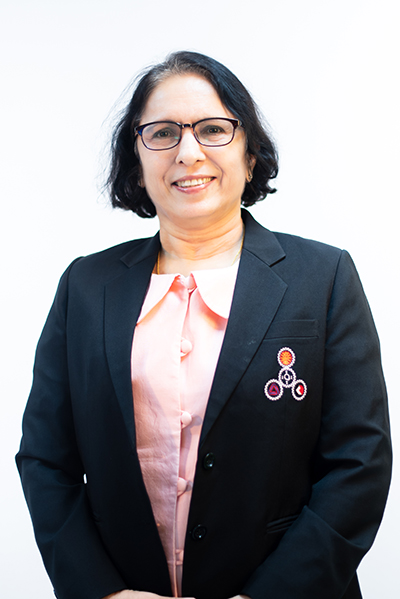Master Theses Supervised
1985: Smita Bhargava. Consumer Acceptability of Parched Soybean and their Biochemical and Nutritional Assessment.
1986: Mamata Dave. Effect of Food Supplementation on Marasmic Children.
2002: Tonni A. Kurniawan. A Research Study on Chromium (VI) Removal from Contaminated Waste Water Using Chemically Modified Low Cost Adsorbents and Commercial Activated Carbon. Supported by the Asian Development Bank. Awarded the Best Thesis submitted to the BioInfoBank Library (Poland) in 2008, by the Scientific Committee of BioInfoBank Institute, Poland.
2007: Einstine M. Opiso. Removal of Chromium (VI) from Contaminated Wastewater by Andisol.
2014: Xaysackda Vilaysouk. Estimation of GHG emission from municipal solid waste management in Lao PDR case study: Vientiane, Luang prabang and Xayabouri.
2015: Tu Anh Nguyen Kieu. Application of microwave technology for treatment of human feces.
2015: Manisha Poudyal. Investigations on the efficiencies of low cost adsorbents for the treatment of fluoride contaminated water.
2015: Putri Ardyarini Sekartaji. Photocatalytic degradation of humic acid (HA) in a water environment.
2015: Oley Phearkeo. A study on removal of heavy metals from wastewater by floating plants.
2016: Weetara Boontham. Removal of Lead from solution by using low cost adsorbents from Apiceae family.
2017: Subodh Luitel. Estimating and forecasting the generation of E-waste in Nepal: An end of life approach.
2017: Ta Tuan Anh. Technical feasibility of anaerobic digestion for utilizing municipal solid waste from Talaad Thai market.
2017: Thiranan Leekroh. A study on removal of lead (Pb) from synthetic wastewater by submerged aquatic plants.
2018: Dikshya Dhakal. Arsenic adsorption from ground water using non-toxic waste as adsorbents.
2019: Dinuka Kankanige. Analysis of microplastics (MPs) in bottle water, tap water, and conventional water treatment plant in Thailand.
2019: Teshan Udayanga Habarakada Liyanage. Use of different pretreatment methods to enhance the methane production by anaerobic digestion of food waste.
2020: Weligama Thuppahige Rasangika Thathsaranee. Environmental Life Cycle Assessment of Organic Fraction of Municipal Solid Waste Treatment by Composting and Anaerobic Digestion: A Case Study in Sri Lanka
2020: Dork Hakk. Micro-Plastics Contamination in Drinking Water: Case Study of Phnom Penh.
2021: H.U.E. Imasha. Extraction and Identification of Microplastics in Green Mussels in Thailand.
2022: Yubraj Dahal. Atmospheric and indoor microplastics deposition in the city of Bangkok, Thailand.
2022: Supatorn Kobjaroenkun. Removal of lead by electrocoagulation using iron as an electrode.
2023: Rungpilin Jittalerk. Microplastic Contamination in Biota and the Surrounding Environment in The Bang Pu Mangrove Forests, Samut Prakan Province, Thailand.
2023: Andika Wahyu Afrianto. Modification of Electrodes Material in a Microbial Fuel Cell (MFC) to Enhance the Electricity Production.
2023: Ardhy Yuliawan Norma Sakti. Environmental Impact Assessment of a Domestic Wastewater Treatment Plant in Bangkok, Thailand
